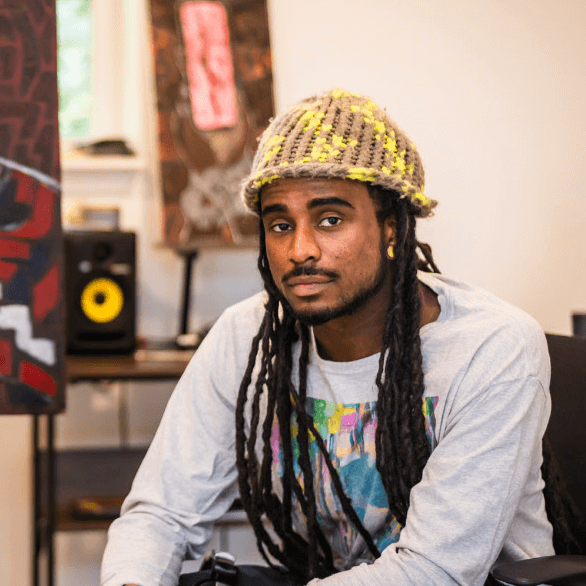Spotlight: Black Rural Life
Jazzie Jelks on Reclaiming Traditions for the Future
By Carey Fountain
• 6 minute read
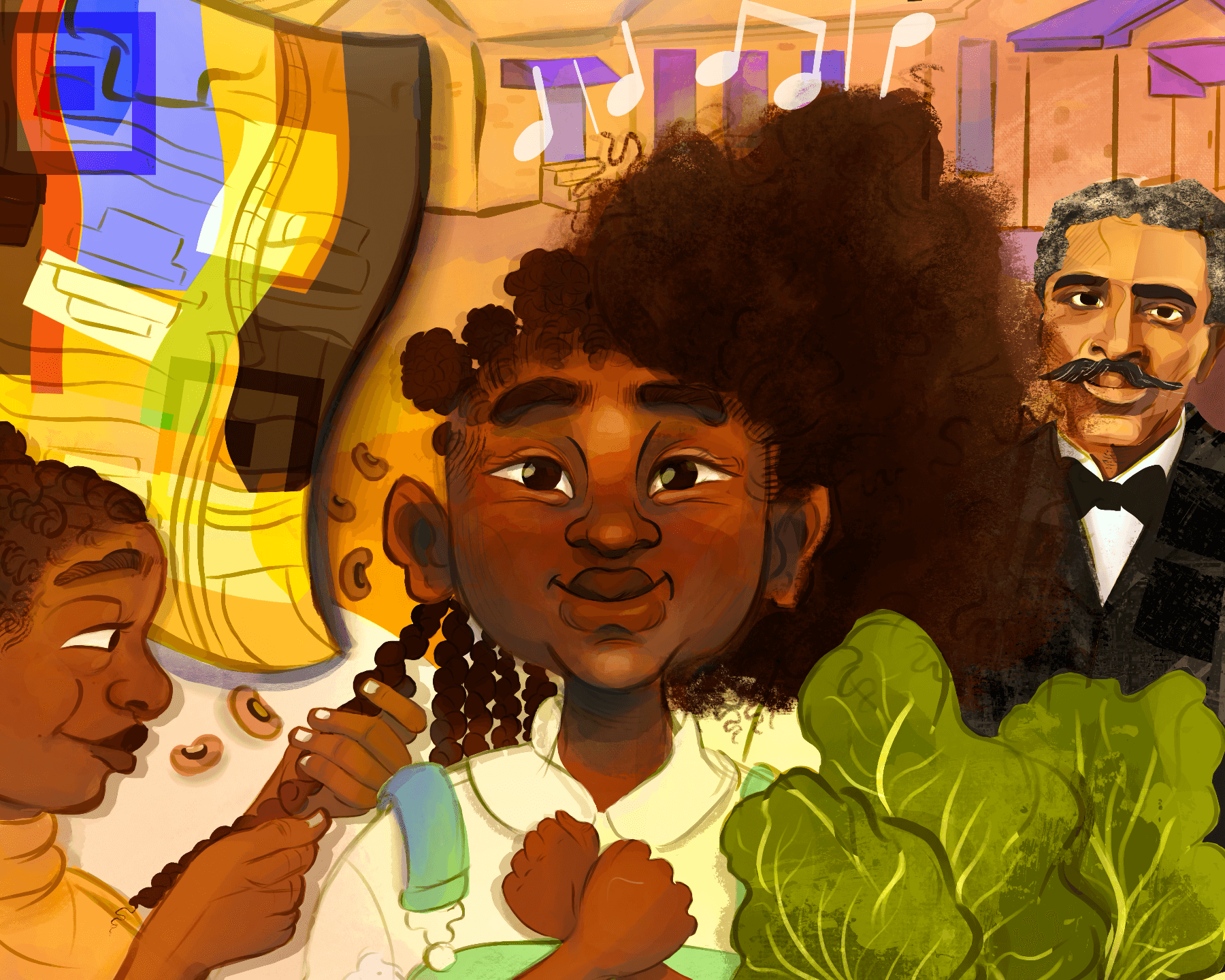
Southern Artists for Social Change awardee Carey Fountain writes about fellow awardee Jazzie Jelks and her new project about the legacy and future of Black communities.
In a world where urbanization and technology often overshadow the beauty and richness of rural life, Jazzie Jelks is creating space to honor the legacy and future of Black communities in rural and urban environments alike.
Her project, Spotlight: Black Rural Life, is a community-driven, multimedia initiative that weaves together the powerful stories of Black Americans preserving and innovating cultural traditions. From Alabama’s rural landscapes to the nation’s largest cities, the project seeks to shine a light on the ways these communities sustain themselves and each other through the enduring practices of self-sufficiency, art, and culture.
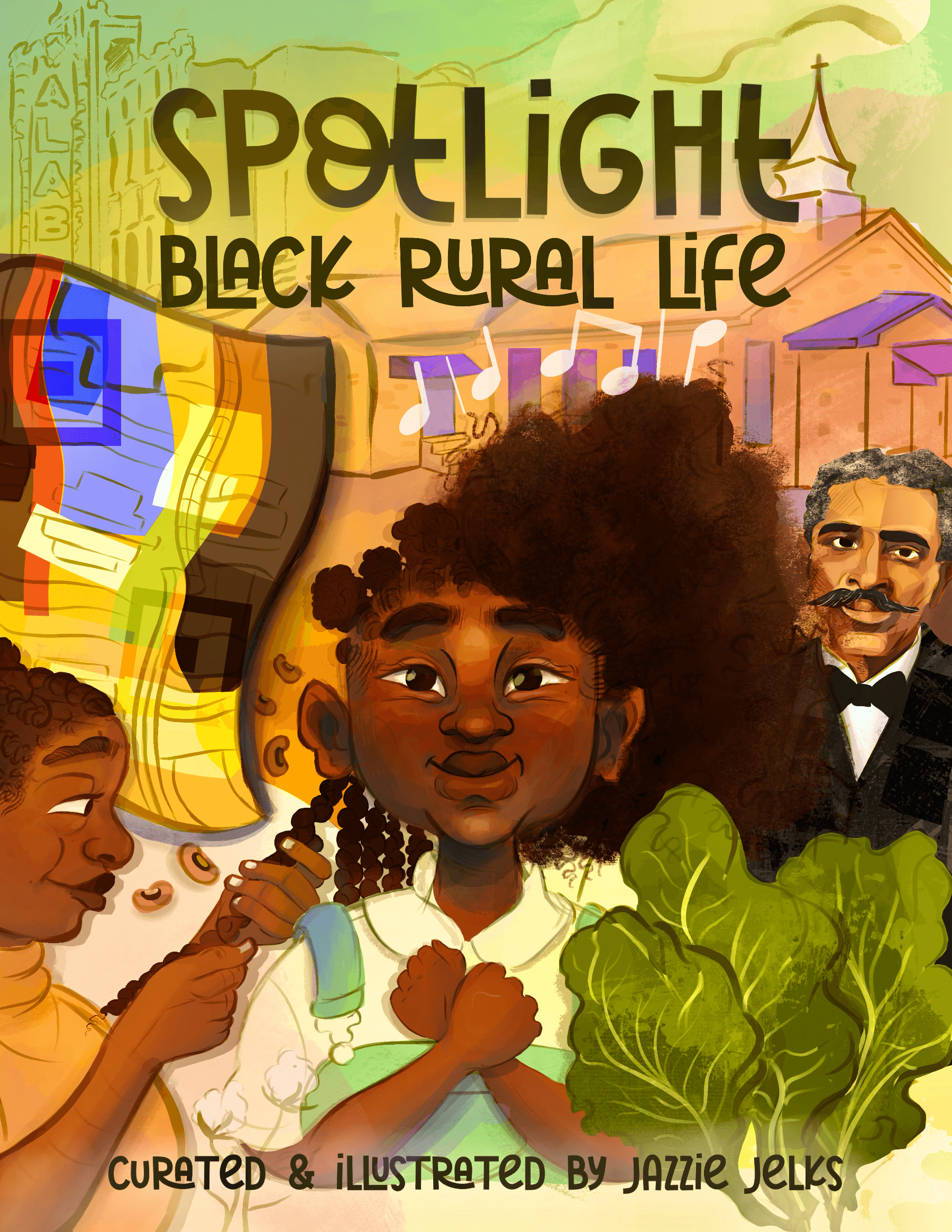
Jazzie, the founder of Jazzie Jelks Creative Studios, has poured her lifelong passion for storytelling into this effort, leveraging her background in film, writing, art, and creative production. Raised in Alabama, where she continues to live and work, Jazzie grew up with a deep sense of pride in Black culture, largely thanks to the homeschooling education her parents tailored around African and African-American arts. Her upbringing sparked a love for storytelling and creative expression, which now fuels her determination to preserve and celebrate Black traditions through this ambitious project.
Originally conceptualized as an activity book for children focusing on Black history, Spotlight: Black Rural Life has since grown into a multifaceted endeavor, including an activity book, documentary (in production), and online archive (in development), with plans for a nationwide book tour in 2026 in partnership with Historically Black Colleges and Universities (HBCUs) and Black-owned bookstores.
A Multifaceted Approach to Cultural Preservation
Jazzie’s vision is as wide-ranging as it is deeply rooted. She recognizes the importance of keeping traditions alive but also insists on innovation as a means to move forward. “The age-old art of making something out of nothing, no matter the location or circumstances, is an invaluable skill that’s not being passed down to future generations,” she explains. Her project aims to offer a solution to this, showing how these practices—farming, quilting, food preservation, and more—can be adapted to modern life, regardless of whether one lives in a city apartment or on rural farmland.
Each element of the project works together to extend its reach and impact. The book tour will bring the project to diverse audiences across the country, promoting Black cultural preservation through firsthand interactions. The documentary is set to highlight the work of Black farmers, artists, and cultural practitioners, reaching audiences across screens nationwide. Finally, the online archive will be an ever-growing repository where individuals can share their family stories and cultural practices, ensuring that this rich history lives on for generations to come.
Bridging Generations and Communities
What makes Spotlight: Black Rural Life particularly unique is its intergenerational approach. Jazzie is intentional about bridging the wisdom of elders with the fresh perspectives of younger generations. She explains that the project was initially built around interviewing older Black Americans to capture their stories and cultural practices. However, as the team faced resistance—particularly from elders reluctant to relive personal traumas linked to land and labor—the focus shifted. Now, the project highlights cultural traditions in a broader sense, allowing participants to share knowledge without delving into painful personal memories.
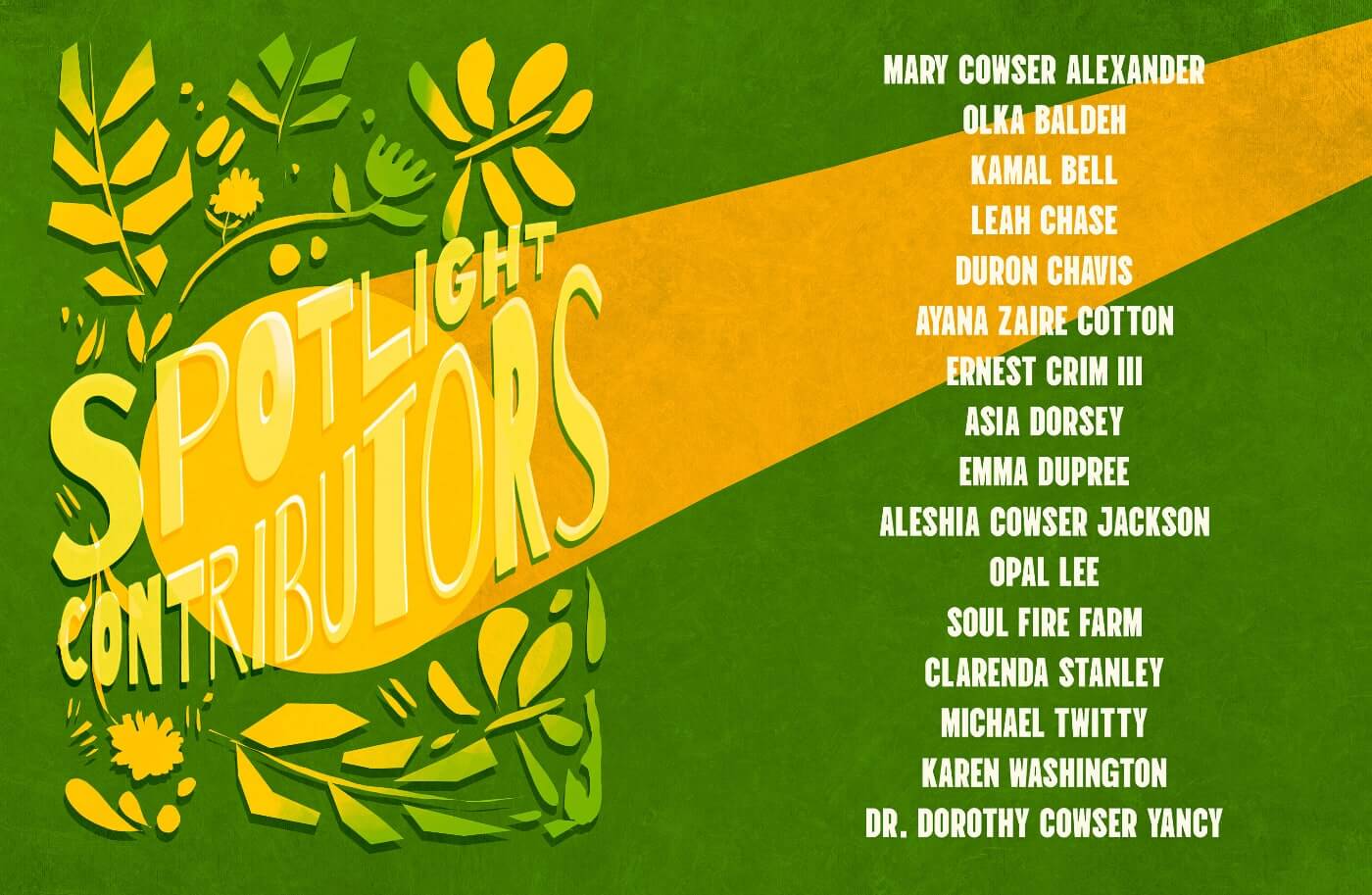
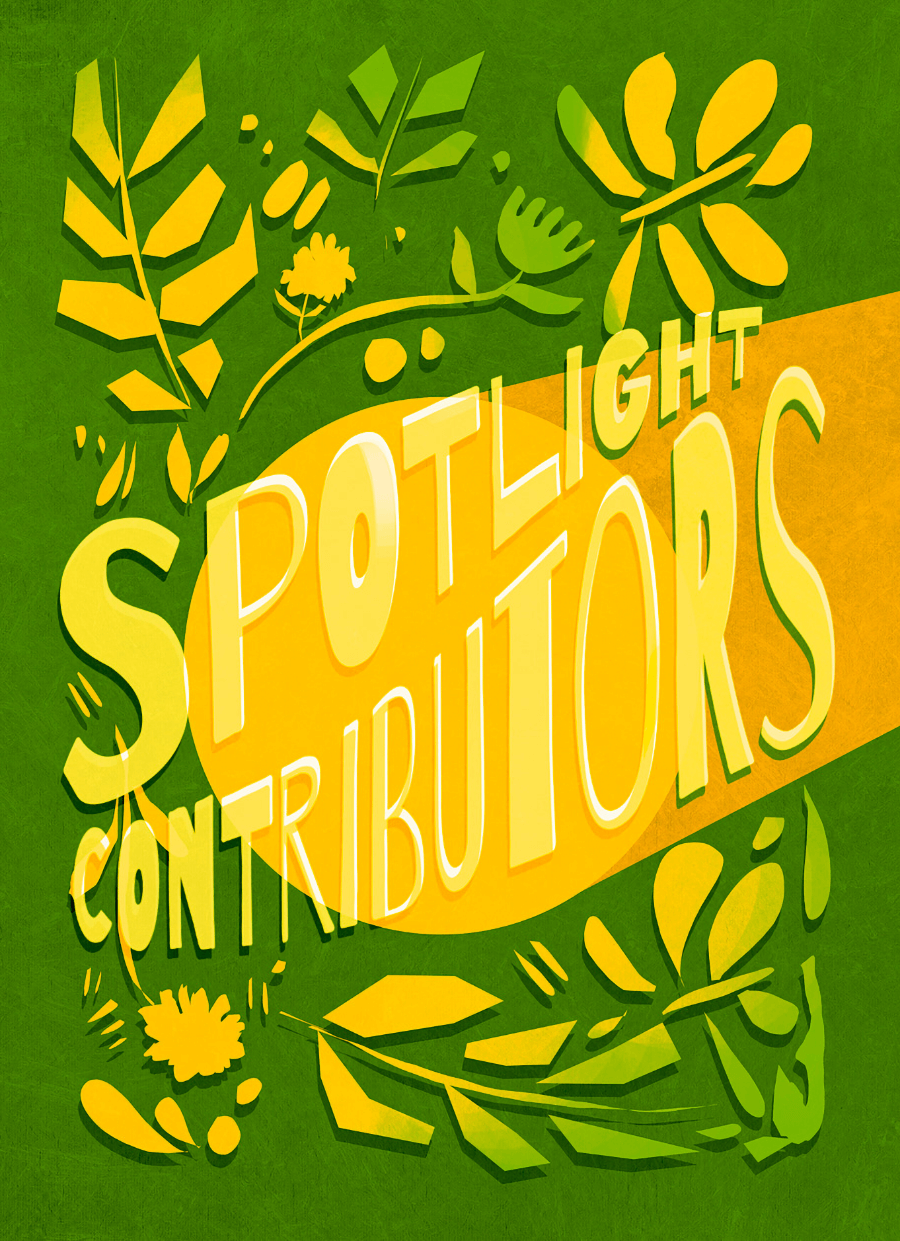
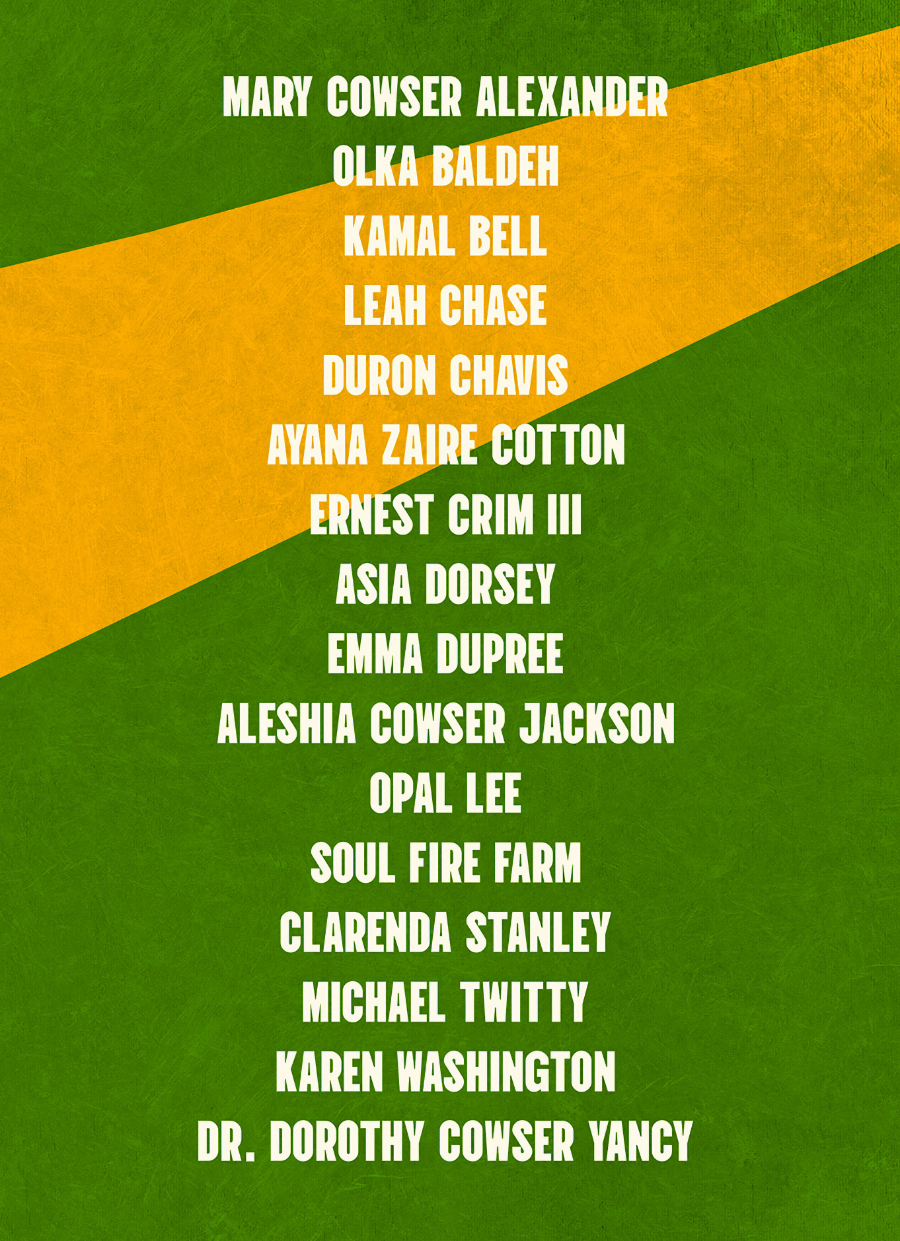
This pivot opened the door for younger voices to be heard, which, according to Jazzie, infused the project with new energy. “It was beginning to feel a little bit stagnant,” she recalls. “When we brought in younger generations, it gave the project that extra spark it needed to move forward.”
Jazzie herself is part of this younger generation of Black farmers and artists, currently working to build a homestead on land her family has owned for five generations in rural Alabama. She believes deeply in the potential for younger generations to reimagine and reclaim these traditions, which are often overlooked or undervalued. “A lot of people my age have moved away from here for better job opportunities,” she says. “But I see so much value in the rural South and what it could be if we just focus on centering the younger generation.”
Empowerment through Action
Jazzie’s project doesn’t just aim to inspire reflection—it’s also about taking action. Modeled after the community survival programs of the Black Panther Party, Spotlight: Black Rural Life encourages tangible steps toward self-sustainability. The activity book, for instance, features exercises that teach readers how to start a compost bin, grow their own food, and preserve produce, all grounded in the cultural traditions of Black Americans.
These practices, Jazzie hopes, will not only connect readers to their cultural heritage but also provide a roadmap for addressing modern-day challenges like food apartheid. By encouraging communities to take up these sustainable practices, the project contributes to broader conversations around food justice and Black cultural preservation—critical issues in today’s political climate.
The Path Forward
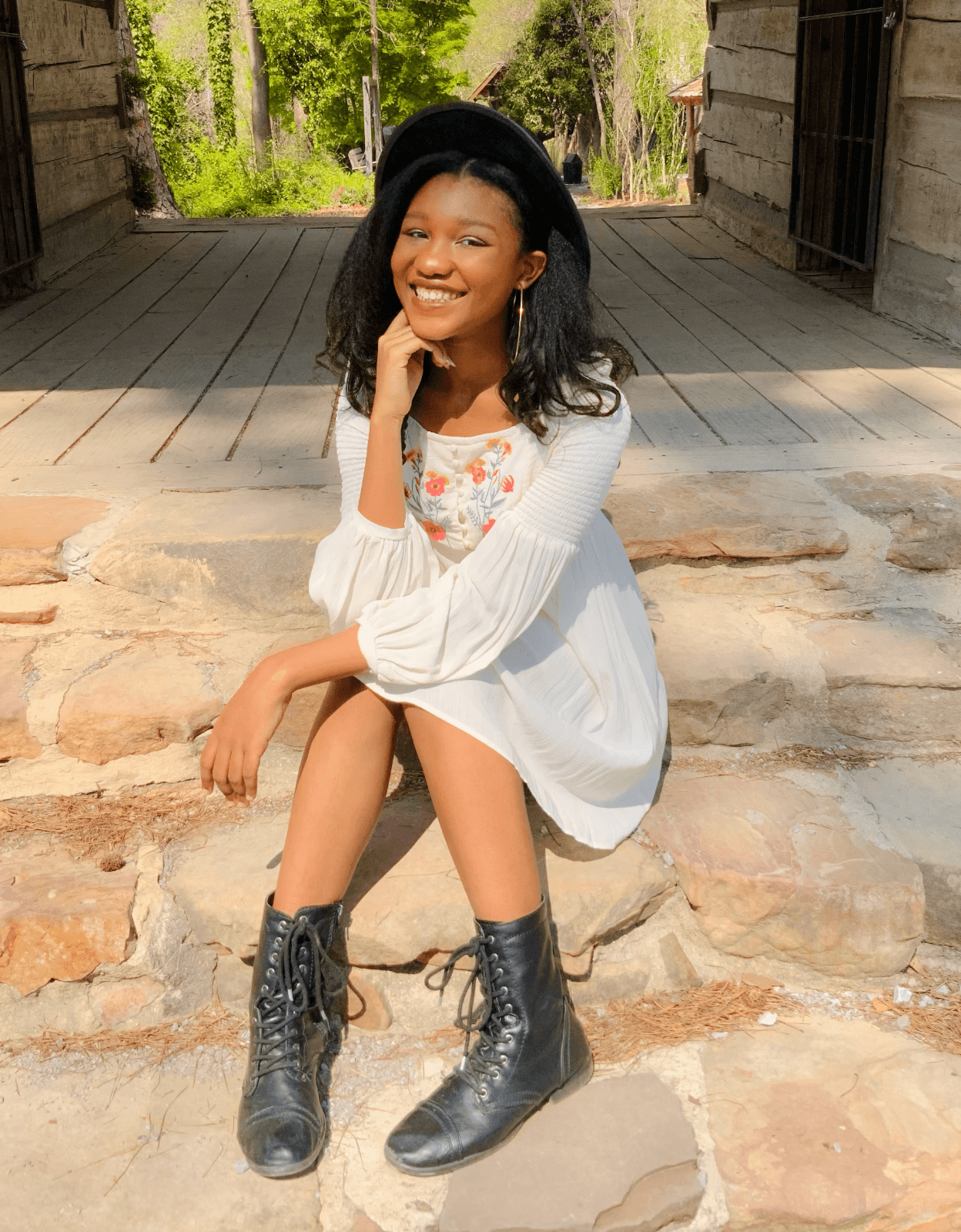
As the project continues to evolve, Jazzie envisions it leaving a lasting legacy by rekindling the connection between Black Americans and their cultural practices. She hopes to see people reclaiming and innovating these traditions, using them as a source of empowerment and sustainability for the future.
Jazzie’s advice to other artists and community workers is simple yet powerful: “Keep going. If you believe in the work, keep moving forward. If you have to pivot, pivot, but don’t let doubt stop you from the goodness that’s waiting on the other side.”
With Spotlight: Black Rural Life, Jazzie is proving that the stories and traditions of the Black rural South are not relics of the past but living, breathing sources of strength and innovation for generations to come. Through her work, she’s fostering a revolution of reimagining, one that has the potential to reshape how we view and value Black rural life in America.

About Jazzie Jelks
Jazzie Jelks is a US-based artist, writer, dancer, entrepreneur, 2021 RISE Global Finalist, and 2022 Alumna of the Global Citizen Year Academy, born, raised, and homeschooled in the state of Alabama. She is incredibly passionate about exploring the diverse nature of the human experience through the lens of visual and literary arts. Her unique response for the Schmidt Futures and the Rhodes Trust’s inaugural “Rise for the World” Challenge, Jazzie Jelks Creative Studios—a Black-owned creative production studio designed to create more positive representation for people of the African diaspora and other historically-excluded, marginalized communities through the power of art, media, fiction and creative nonfiction—gained her recognition as a RISE Global Finalist in 2021. She is also a recipient of the Scholastic Art & Writing Awards 2021 Silver Key Awards for her personal essay, “Floating Into My Destiny.”
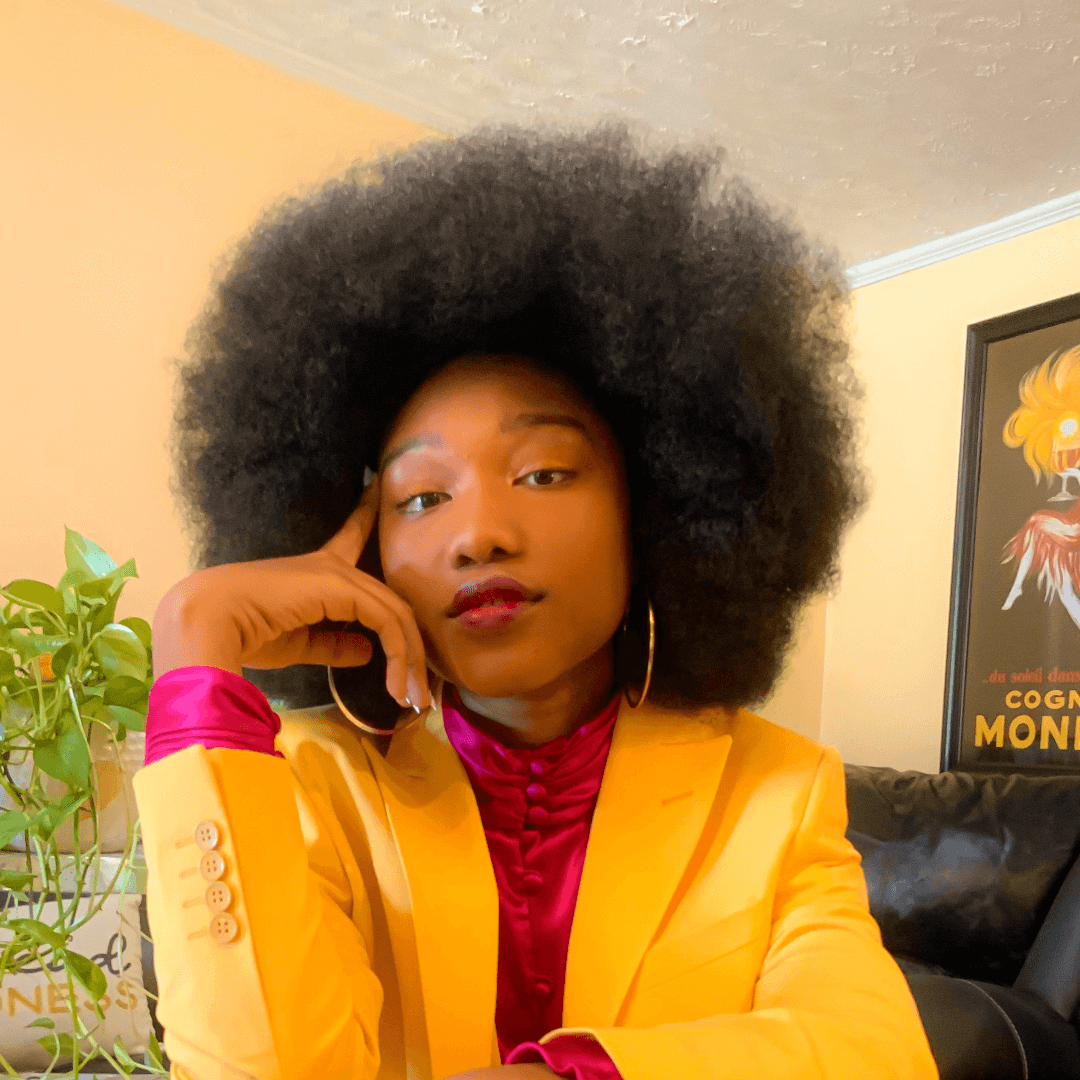
About Carey Fountain
Carey Fountain is a multidisciplinary artist, musician, and cultural strategist based in Alabama, known for transforming conversations into interactive art. As the founder of Vibes & Virtues, he merges music, visual art, and community engagement to inspire dialogue and social change. Fountain’s work – from his self-produced hip-hop/gospel-inspired music projects to civic art initiatives – challenges norms and uplifts new perspectives. He currently serves as Director of Programs & Partnerships at Selma’s Foot Soldiers Park, designing creative programs that honor history and empower communities. Whether through soulful music performances, thought-provoking card games, or public art installations, Carey Fountain strives to leave the world more positive and connected through art.
Photo: Amarr Croskey for Birmingham Times.
